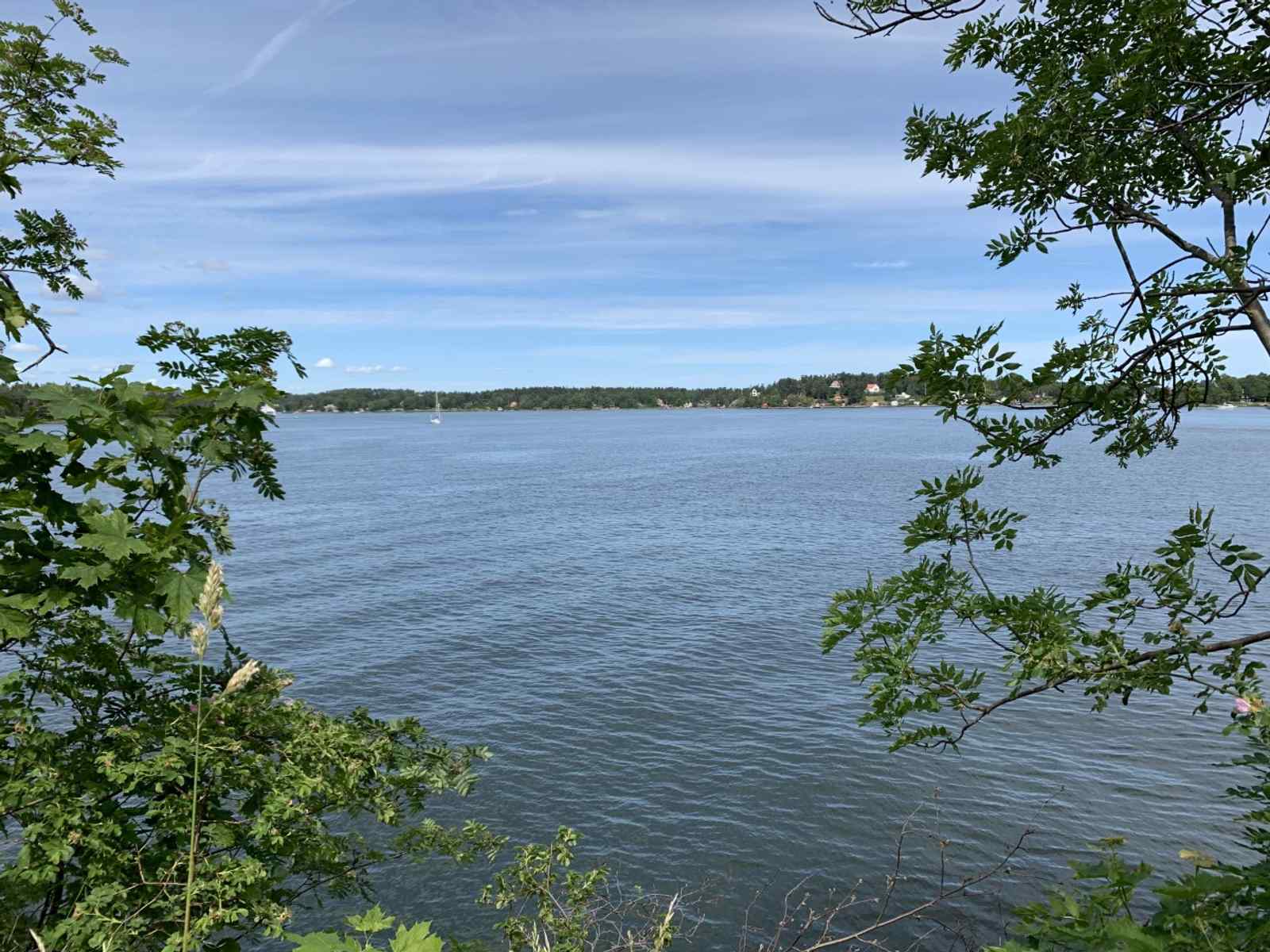Grief without God
Conventional wisdom in the conservative, religious circles of my evangelical days is that dealing with death without the belief in a god and the corresponding afterlife is unbearable. In the early days after I walked away from religion without a backward glance, I often wondered what secular humanists and atheists offered to the grieving to replace that “comfort.” I did feel that possibly religion had cornered the market on helping people through such a traumatic time. Then before I got to put much real thought into it, I was forced to confront the issue head on and answer the questions in real time for myself and my children.
On November 22, 2017, my husband, Bruce, who was very publicly an atheist, died suddenly from pulmonary embolisms. Neither my sons nor myself had any experience with non-religious funeral services. The funeral home we chose was of no real help either, other than to offer to remove all religious iconography from the premises for his memorial. We were on our own. I contacted secular musicians who gave excellent suggestions for music. Former clergy provided me with a long list of non religious readings and poetry to choose from. With such assistance, we eulogized him ourselves and were able to have a service celebrated that Bruce’s life and legacy with love and tears and joy but without any prayers or mention of a god or any afterlife. A number of our very religious friends told us it was the best funeral they ever attended.
In the weeks that followed my husband’s death, I came to the astonishing (to me) realization that not only did I have no desire to return to my former belief system for assistance with processing the enormous burden of grief I was carrying, I was actually greatly relieved to be free of that value system.
I did not wish Bruce was somewhere “watching over” me and our sons. That seemed like a horrible existence -- for him to be stuck in some limbo, able to watch but never share our lives; able see our terrible grief but unable to comfort.
As for the existence of God, how would that be a comfort? Why would I want to believe that God had some master plan that involved killing a wonderful, loving, father and incredibly intelligent human for some greater good? How would it help me to think that God needed us to learn something? Even the thought that we would “someday” be reunited because he was waiting somewhere for us, would do little, if anything, to alleviate our day to day shock.
It became obvious to me very quickly that not having to wonder about any of those “Why God? Why us?” questions was an enormous weight lifted off of my grief. There was no deity to question; there was no bigger picture. I was not obliged to stuff that inexplicable tragedy into some belief that “God is good all the time."
Bruce’s death resulted from one of the random, awful health issues that our human medical science has not yet conquered. It’s as simple as that. Well not simple. Nothing about grief is simple.
I found enormous comfort from an excellent secular grief support website, https://www.refugeingrief.com, which I can highly recommend. That is where I learned the phrase, “out of order death” to describe what we experienced with our sudden, shocking loss. They told me “It’s okay to not be okay” and “Some things cannot be fixed. They can only be carried.” I learned that there’s no easy process. There are no set steps. I learned that my experiences with cognitive issues and anxiety and sleep disorders are the norm. They gave me the freedom to learn to manage and live with my loss in the way that best works for me because the things that help the grieving vary as widely as the relationships and the situations of death as well as the people who experience it.
Our comfort came from living, breathing humans who hugged, talked, cried, listened, wrote notes, cooked meals, cleaned, dropped by, and a myriad of other things I have lost track of. Human hands began working on solving our problems and began bringing reason back to our reality. We did not need a god or a belief in an afterlife for comfort. We needed compassion and understanding and care and concern for those living and walking though life with us. Nothing is more comforting than love.

